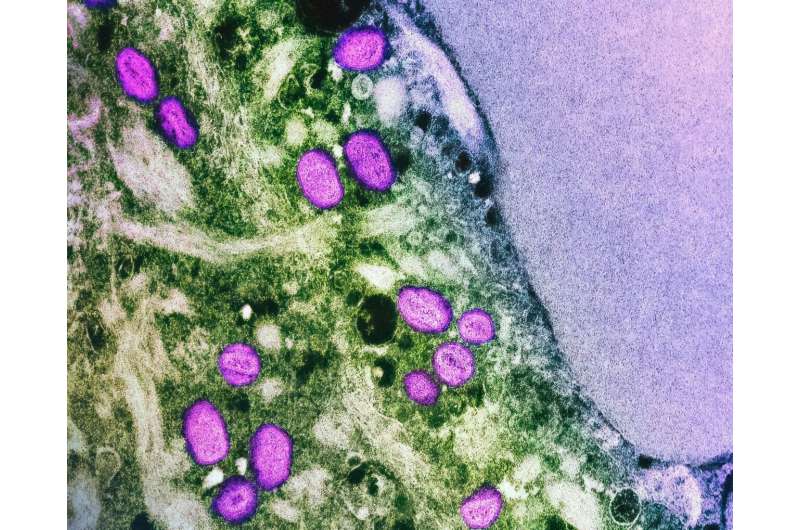Researchers Discover Potential Anti-Aging Effects of Psilocybin from Psychedelic Mushrooms

New research indicates that psilocybin from psychedelic mushrooms may have anti-aging properties, extending cellular and organismal lifespan and improving health markers in aged models.
Recent research from Baylor College of Medicine suggests that psilocybin, the active compound found in psychedelic mushrooms, may possess remarkable anti-aging properties. In a study published in the journal npj Aging, scientists demonstrated that psilocybin can extend both cellular and organismal lifespans. The investigation revealed that psilocybin reduces several markers of aging at the cellular level, including delaying cellular senescence, preserving telomere length, and diminishing oxidative stress. Notably, the active metabolite of psilocybin, psilocin, was shown to significantly extend the lifespan of human lung fibroblast cells by up to 57% depending on dosage. It also increased the expression of SIRT1, a gene linked to longevity, and improved critical cellular DNA damage responses.
Furthermore, when administered to aged mice equivalent to 60-year-old humans, psilocybin improved survival rates and enhanced physical features like fur quality, indicative of healthier aging. This suggests that psilocybin could be a powerful agent for promoting healthy aging, even when introduced later in life. Lead researcher Dr. Kosuke Kato emphasized that these findings open new avenues for psychedelic research, extending beyond psychological benefits, to potential anti-aging therapies.
While these promising results highlight psilocybin's potential to slow the aging process, experts caution that further research, particularly human clinical trials, is necessary to determine optimal dosing, safety, and long-term effects. If validated, psilocybin therapy may become a novel approach to combating age-related diseases and enhancing quality of life during aging. The study underscores the importance of exploring the systemic benefits of psychedelics beyond their neurological and psychiatric applications.
Stay Updated with Mia's Feed
Get the latest health & wellness insights delivered straight to your inbox.
Related Articles
FDA Enhances Recall of Over 160,000 Bottles of Thyroid Medication Due to Subpotent Ingredients
The FDA has upgraded a recall of over 160,000 bottles of levothyroxine sodium due to subpotent levels that may impact thyroid health. Learn more about this important drug safety alert.
Sierra Leone Reports Over 3,000 Mpox Cases and 14 Deaths in 2025
Sierra Leone reports over 3,000 mpox cases and 14 deaths in 2025, with cases spreading across all regions. The government has increased efforts to manage the outbreak amid regional rises.
Waldo: Advanced AI Tool Detects Hidden Health Risks on Social Media
Waldo is an innovative AI tool designed to analyze social media data for detecting hidden adverse health risks, enhancing post-market surveillance of consumer products.



